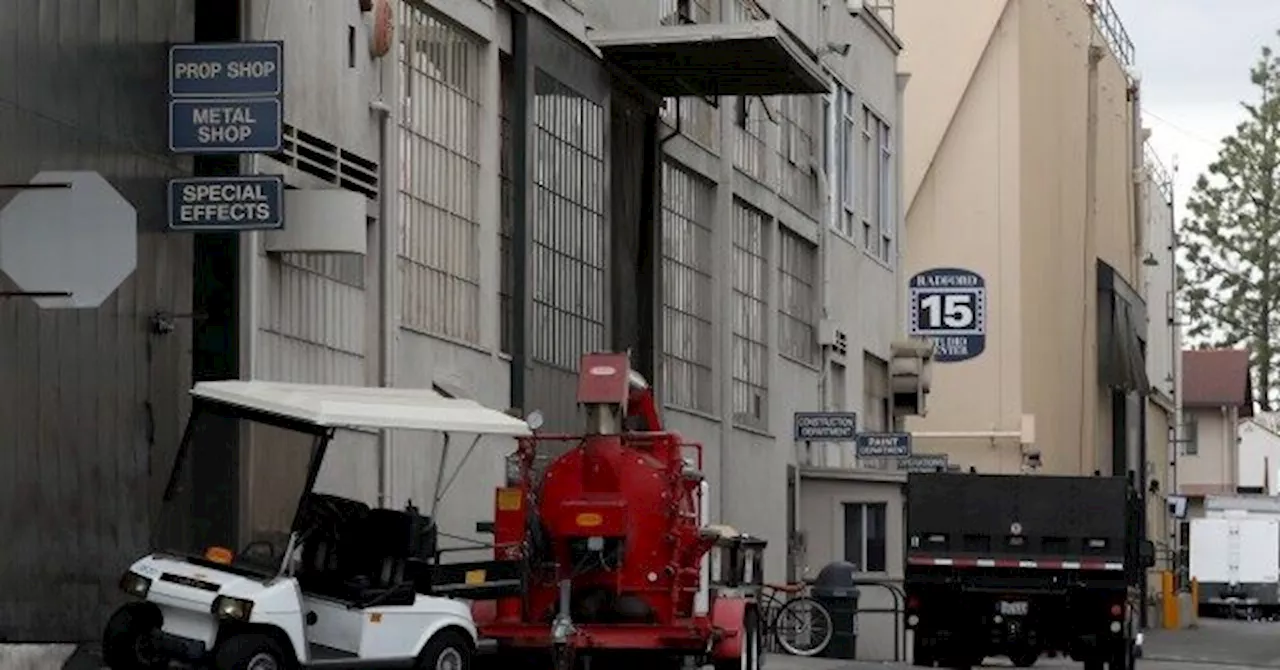The Federal Reserve has unanimously adopted a new policy framework that emphasizes a balanced approach to its dual mandate of fostering maximum employment and stable prices. During his speech at the annual economic symposium in Jackson Hole, Chairman Jerome Powell outlined the new framework, which introduces flexible inflation targeting and eliminates the previous “makeup” strategy aimed at correcting past inflation shortfalls.
Powell highlighted that the previous framework’s focus on a strict set of economic conditions may have caused confusion regarding the Fed’s monetary policy. The updated approach removes language that defined the zero-lower-bound as a fundamental characteristic of the economy. Instead, the new framework is designed to adapt to various economic conditions, reflecting a more pragmatic stance.
In his address, Powell stated that the idea of intentionally allowing a moderate overshoot of inflation has proven irrelevant. The Federal Reserve remains committed to acting decisively to maintain long-term inflation expectations within acceptable ranges. While the Fed acknowledges that it may not need to tighten its monetary policy solely based on uncertain assessments of employment levels, it recognizes the potential risks posed by a tight labor market.
The new policy framework also eliminates the term “shortfall,” which previously posed communication challenges. Powell indicated that preemptive measures may be necessary if a tight labor market threatens price stability. As the Fed navigates its goals, it must carefully balance the dual objectives of controlling inflation and promoting employment.
Current economic indicators suggest a shift in the balance of risks. Powell noted that while inflation risks are tilted to the upside, employment risks are increasingly to the downside. Recent data reveals a significant slowdown in GDP growth, primarily influenced by reduced consumer spending. In July, the personal consumption expenditures (PCE) inflation rose by 2.6%, with core inflation increasing by 2.9%.
The impact of tariffs on consumer prices is becoming increasingly apparent, and the Federal Reserve expects these effects to accumulate in the coming months. Powell suggested that while the inflationary effects of tariffs are likely to be temporary, there is a possibility that they could initiate a more persistent inflationary trend. Nevertheless, he emphasized that a one-time price increase must not be allowed to evolve into a sustained inflation problem.
Additionally, tighter immigration policies have contributed to a noticeable slowdown in labor force growth, further complicating the economic landscape. As the Federal Reserve considers changes to its policy stance, it remains essential to weigh these various factors carefully to ensure a stable economic environment moving forward.







